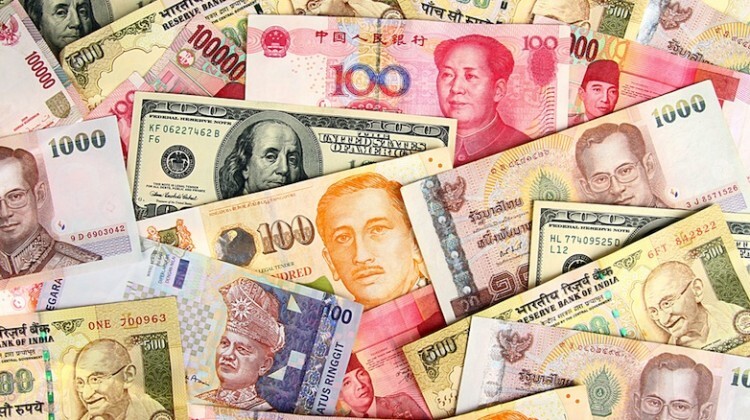this post was submitted on 22 Jul 2023
413 points (96.8% liked)
Asklemmy
44305 readers
1192 users here now
A loosely moderated place to ask open-ended questions
If your post meets the following criteria, it's welcome here!
- Open-ended question
- Not offensive: at this point, we do not have the bandwidth to moderate overtly political discussions. Assume best intent and be excellent to each other.
- Not regarding using or support for Lemmy: context, see the list of support communities and tools for finding communities below
- Not ad nauseam inducing: please make sure it is a question that would be new to most members
- An actual topic of discussion
Looking for support?
Looking for a community?
- Lemmyverse: community search
- sub.rehab: maps old subreddits to fediverse options, marks official as such
- [email protected]: a community for finding communities
~Icon~ ~by~ ~@Double_[email protected]~
founded 5 years ago
MODERATORS
you are viewing a single comment's thread
view the rest of the comments
view the rest of the comments

I'm a little confused and not knowledgeable on this at all so I'm genuinely curious: if inflation goes crazy for years, like 8% for 4 years let's say, why is there no concerted effort to drop it for a while, like -5% for 4 years, to "bring it back" to the 2% aimed for originally? If that makes sense. It seems like if inflation gets insane we're all just stuck with it for the rest of time?
No expert, but another advantage of inflation is to create incentives to invest/spend money. With a deflation you are rewarding people that keep their money in a pillowcase. Which is probably bad.
Additionally there probably are some control structures to increase or decrease inflation, but they will bring their own cost with them. So controlling Inflation may be not controllable enough/not worth it to do so.
Bitcoin is deflationary and why it has failed as an alternative currency. Nobody wants to spend it. HODL.
If prices go up, and stay up, eventually things like salaries have to go up too, at least a bit. If you need a certain amount per month to live when last year you could get by on less, you'll need a job that pays you enough to live. In theory if the price of goods has gone up then the value of whatever you're producing for your company has gone up so they can afford to give you the extra (in practice they take a lot of the extra as profit and pass on just enough to retain employees and no more). Of course, it's the same physical item, so eventually it all sort of balanced out.
You can see this if you look at it in the long term. In 1970 the average salary in the UK was something like £1200 per year, and a house cost £4500 or something. Today the average UK salary is over £27,000 and a house is around £285,000. The houses haven't got 61 times larger or anything, that's just inflation. So, yeah, you kind of are just stuck with it.
Prices are always set by the market. How many widgets are available to buy vs how many people are willing to buy them.
In that context, the only way to reduce prices is to reduce willingness to buy, and we can only do that by reducing the money people have to buy things with.
This has a cumulative knock on effect. Less stuff being bought, less workers required to produce less stuff, people earning less money, less stuff being bought. This is called a recession, when the entire economy is shrinking.
Money is really just the lube that keeps the whole thing ticking. The important thing is that everyone is working and producing value. If everyone just stops working then we cant swap the things we produce for the things we want.